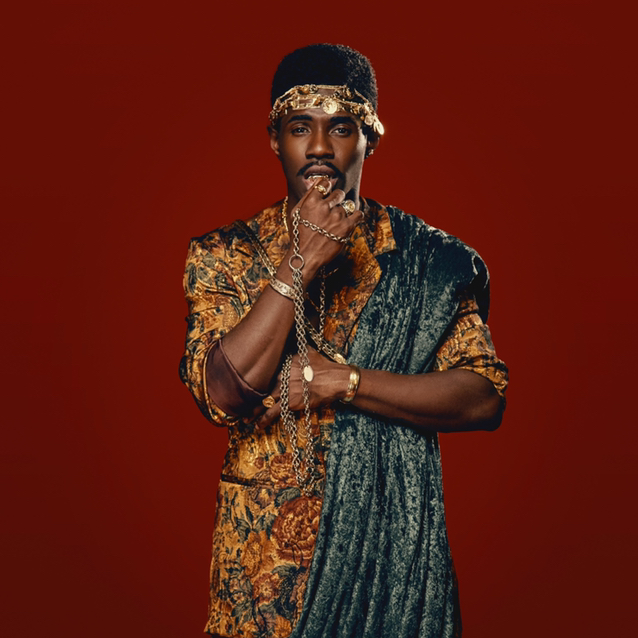Analysis of The Gift
The Gift features several Beyoncé-helmed singles that merge the sounds of Afrobeats with African-American genres of rap and R&B, creating a sound that crosses boundaries, features familiar voices in the Western market, and carries messages that uplift these Black communities.
One of the most influential songs to have this effect is “Brown Skin Girl,” which includes Afrobeats legend Wizkid, rapper SAINt JHN, and Beyoncé’s own daughter, Blue Ivy. The song is a light Afrobeats-based song that incorporates a reggae feel, with dominant piano chords and a beat seemingly made from wooden blocks and shakers. As with most of the tracks featuring African artists, they speak a pigeon (mix of an indigenous African language and English; “créole”), bringing the authentic speech of Africans – while Beyoncé croons entirely in English. The lyrics detail the beauty of “brown skin girls,” understood to be dark-skinned Black or Brown women around the world, who often suffer from overt and covert colorism that languishes dark skin as ugly and undesirable.
Here, the artists seek to reclaim that beauty across all Afro-Diasporic cultures, exalting the pearl-like, shining, and glowing skin of dark-skinned women that constitutes and complements them and their story, rather than existing in spite of it. It extends that love to the naturally curvy bodies, tight coils of Afro-textured hair, and dark brown irises of Black women. Beyoncé’s verses name several famous dark-skinned figures, including British model Naomi Campbell, Kenyan-Mexican actress Lupita Nyong’o, and her childhood friend and former bandmate Kelly Rowland. These references sit among intricate background harmonies that form the brightening, lifting chord progressions, illustrating the beauty that the lyrics represent. Thus, much of the cross-cultural impact, reception, and musical elements revolve around the message the song communicates about Blackness.
In the case of “Mood 4 Eva,” the collaboration between Beyoncé and a host of African-American artists, adapts the Afrobeats sound into the familiar trap music of the current American industry. Utilizing an Oumou Sangaré sample and the syncopated groove of Afrobeats, American producers Just Blaze and DJ Khaled seamlessly blend Afrobeats and Hip-Hop. The lyrics employ the classic braggadocio of Jay-Z and Beyoncé’s “rap-singing” technique, referencing great figures of Black wealth from American rappers Biggie and Tupac to ancient African king Mansa Musa. By modernizing classic African singers like Sangaré and juxtaposing them to the contemporary sounds and themes of the American and African industries, Beyoncé’s ensemble weaves a story of Black excellence and success that defines the album and inserts Afrobeats into this narrative.
Interview with Lord Afrixana

